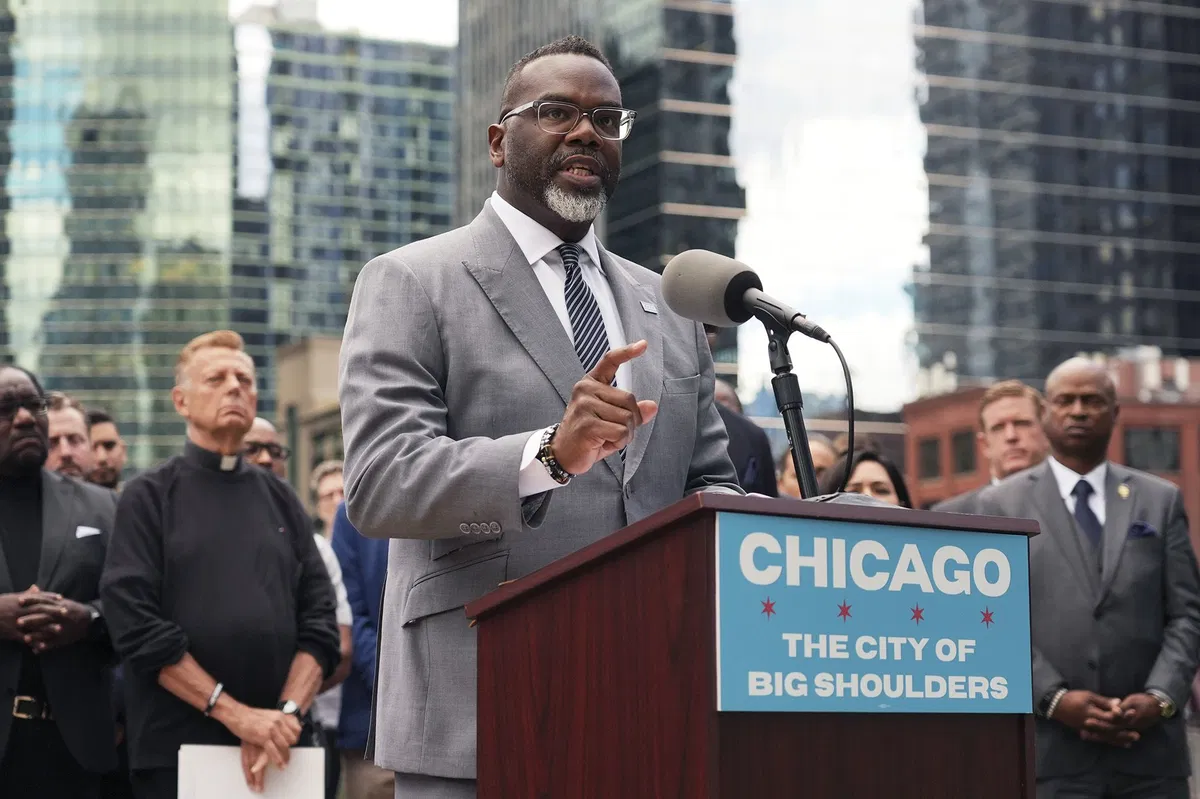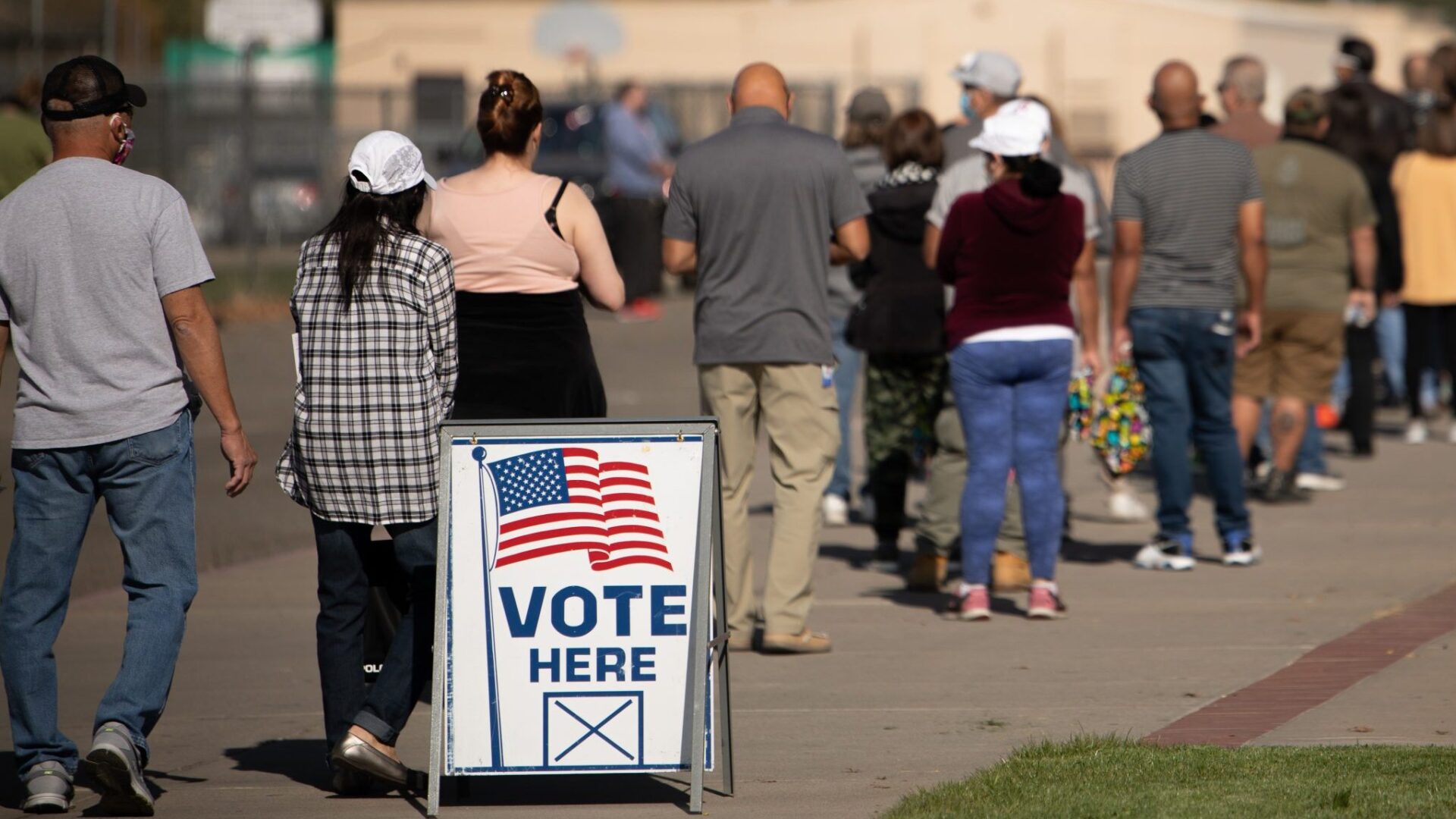On Chicago’s north side, the Naval Station Great Lakes is being readied for a new mission. Federal officials confirmed the site will serve as a command hub for Immigration and Customs Enforcement (ICE), making Chicago a central stage for the administration’s immigration crackdown.
The move reflects the Department of Homeland Security’s effort to increase enforcement in big cities where local governments have often resisted federal actions.
Federal plan
Homeland Security Secretary Kristi Noem said the expansion in Chicago is part of a nationwide strategy to step up immigration enforcement. Officials describe it as necessary to uphold federal law and address concerns about border security and undocumented migration in major urban centers. Chicago has been named a priority city, with federal authorities calling the operation essential for public safety.
Local pushback
City and state leaders are opposing the move. Mayor Brandon Johnson signed an executive order barring city police from helping with federal immigration raids or military patrols. His stance is in line with Chicago’s “sanctuary city” policy, which limits local involvement in immigration enforcement.
Illinois Governor J.B. Pritzker also criticized the plan, warning that sending in federal or military forces without state approval undermines state authority and community trust. Local officials argue that cooperation would make immigrant residents less likely to report crimes or seek services, weakening ties between communities and government.
Crime and safety claims
The federal government linked the decision to crime concerns. But Chicago Police Department data shows a decline in violence. Homicides are down 31 percent this year, and shootings have dropped 37 percent compared with 2024.
City officials highlight these numbers to argue that public safety has been improving, raising doubts about crime as a main justification. The gap between federal claims and local data has become a key point of debate.
Legal questions
The move has sparked debate in Washington over federal powers. Lawmakers and legal experts say deploying federal or military forces without a governor’s approval could go beyond what the Constitution allows.
The federal government has broad authority on immigration, but using troops in civilian settings remains controversial. Supporters say the measure is needed to protect national security. Critics argue that without a declared emergency, the operation sets a troubling precedent for future interventions.
National rollout
Chicago is part of a broader strategy. Similar operations have been announced in Los Angeles and Washington, D.C. Reports suggest the Pentagon may involve National Guard units, though DHS has said it can act without military support if necessary. The scope of the plan shows how determined the administration is to expand immigration enforcement, even in places where local leaders refuse to cooperate.
Impact on communities
For residents, the effects are direct. Community groups are organizing legal help and outreach for families who fear raids or deportations. Families are preparing documents, seeking advice, and learning their rights.
Advocates warn the operation could create fear in immigrant neighborhoods, discouraging people from using schools, hospitals, or public services. Many communities are left waiting anxiously, unsure of what the coming weeks will bring.
The outcome in Chicago could influence how immigration enforcement unfolds in other cities. The standoff between Washington and local leaders has turned Chicago into a test case for how far the federal government can go in pushing immigration laws without state or city support.
Contact us today through our WhatsApp to discover how we can help you achieve success in the United States.
Information source: americanimmigrationcouncil.org | nbcchicago.com | edition.cnn.com



